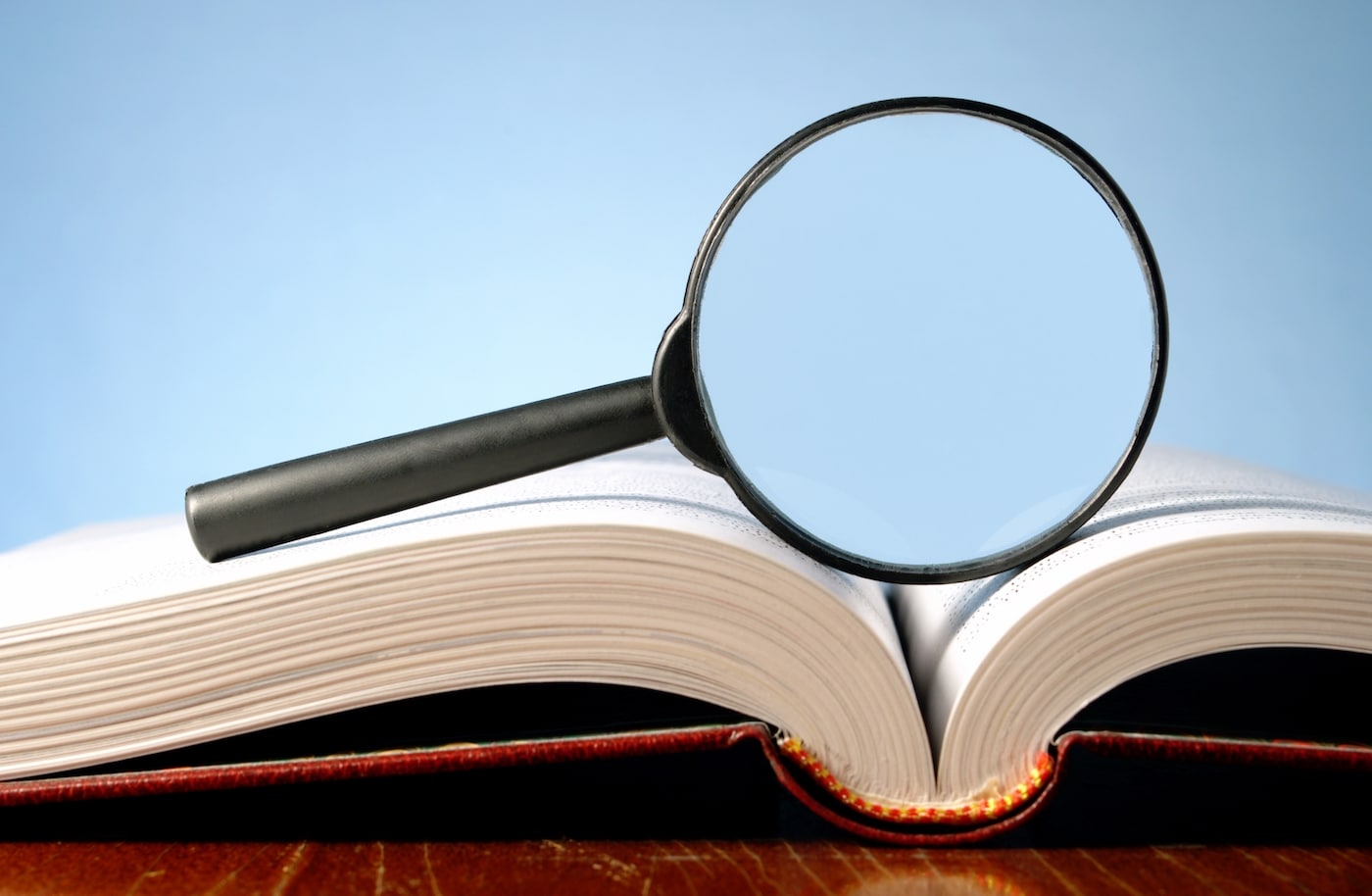A dictionary in France has added a gender-neutral pronoun, iel. (Envato Elements)
The gender-neutral pronoun “iel” has been added to a French dictionary in a major shake-up for the strictly-controlled language.
Le Robert, a reference book for the French language, included the gender-neutral pronoun after noticing an uptick in its usage, the dictionary’s managing director Charles Bimbenet said in a statement.
Bimbenet said most people had expressed “satisfaction” at seeing “iel” included in its latest edition, but he said some were “surprised, if not indignant” about the decision. The French language is notoriously conservative and debate is often sparked when there are shifts that are seen as being influenced by outside sources.
Writing on the dictionary’s official website, Bimbenet said the dictionary’s committee met in early October and decided to include “iel” in its online dictionary.
You would be forgiven for thinking the inclusion of a gender-neutral pronoun in a dictionary wouldn’t be big news – but somehow, it has become something of a scandal in France. Politicians have hit out at the move, including education minister Jean-Michel Blanquer, who insisted that “inclusive writing is not the future of the French language”. Francois Jolivet, a member of parliament, said the adoption of a gender-neutral pronoun was part of a “woke ideology”.
Jolivet has asked L’Académie Francaise to weigh in on the issue. The 400-year old institution is responsible for ruling on issues relating to the French language.
Including gender-neutral pronouns in the French dictionary ‘recognises’ non-binary people’s identities
While politicians are furious at the natural evolution of language, LGBT+ people and organisations are broadly accepting and welcoming of the move.
The news was welcomed by ILGA Europe, an LGBT+ rights organisation that works to deliver meaningful change for queer people across Europe and Central Asia.
“Allowing for non-binary gender markers in official documents is primarily an issue of accuracy, privacy, and respect for a person,” an ILGA Europe spokesperson told PinkNews. “Non-binary people who must choose between only ‘male’ or ‘female’ gender markers are unable to have their documents match their identities, and as a result are often exposed to privacy violations because of assumptions about their sex assigned at birth.
“Including gender neutral pronouns in the dictionary is not only recognising the reality of non-binary people, but an important step in ensuring non-discrimination and representation of non-binary people in our societies.”
People have also shared their joy at seeing the gender-neutral pronoun adopted in the dictionary on Twitter, while others have hit out at the politicians who have taken the opportunity to disregard LGBT+ identities.
i thought France was a modern, open-minded country that respects personal freedoms, but seeing the government’s resistance towards the non-gendered noun ‘iel’ is making me think otherwise.
— ani mosity (@vhenanigans) November 18, 2021
France is tearing itself over pronouns. One it dictionary included the gender neutral “iel” and they are losing it.
Whew.
— vii (@lvisxvii) November 18, 2021
France’s leading dictionary added “iel” (=non-gendered pronoun used by some as contraction of il/he & elle/she). So of course Macron’s government is having an anti-“wokisme” meltdown over it. “Inclusive writing is not the future of the French language.” https://t.co/TIbM8aL8rD
— Taniel (@Taniel) November 17, 2021
France just added a genderless pronoun to the dictionary 💪🏻
Standard 3rd person use is genderless by default in Turkish pic.twitter.com/ju5JAIKFRS
— ✨ Δslı (@AsliYonce) November 13, 2021
2021 in France, the country where a dictionary publisher accused of “wokism” by the minister of national education for adding a gender-neutral pronoun in their dictionary, has to write a whole essay explaining why and how new words are added.🤷🏻♀️ https://t.co/9g10K4aAPv
— Rim-Sarah Alouane (@RimSarah) November 17, 2021
Gender-neutral pronouns have become increasingly popular in other languages in recent years as more non-binary and gender diverse people open up about their identities.
In the English language, many non-binary people use they/them pronouns, but there are many other gender-neutral pronouns used by people who don’t fit into rigid gendered categories.
